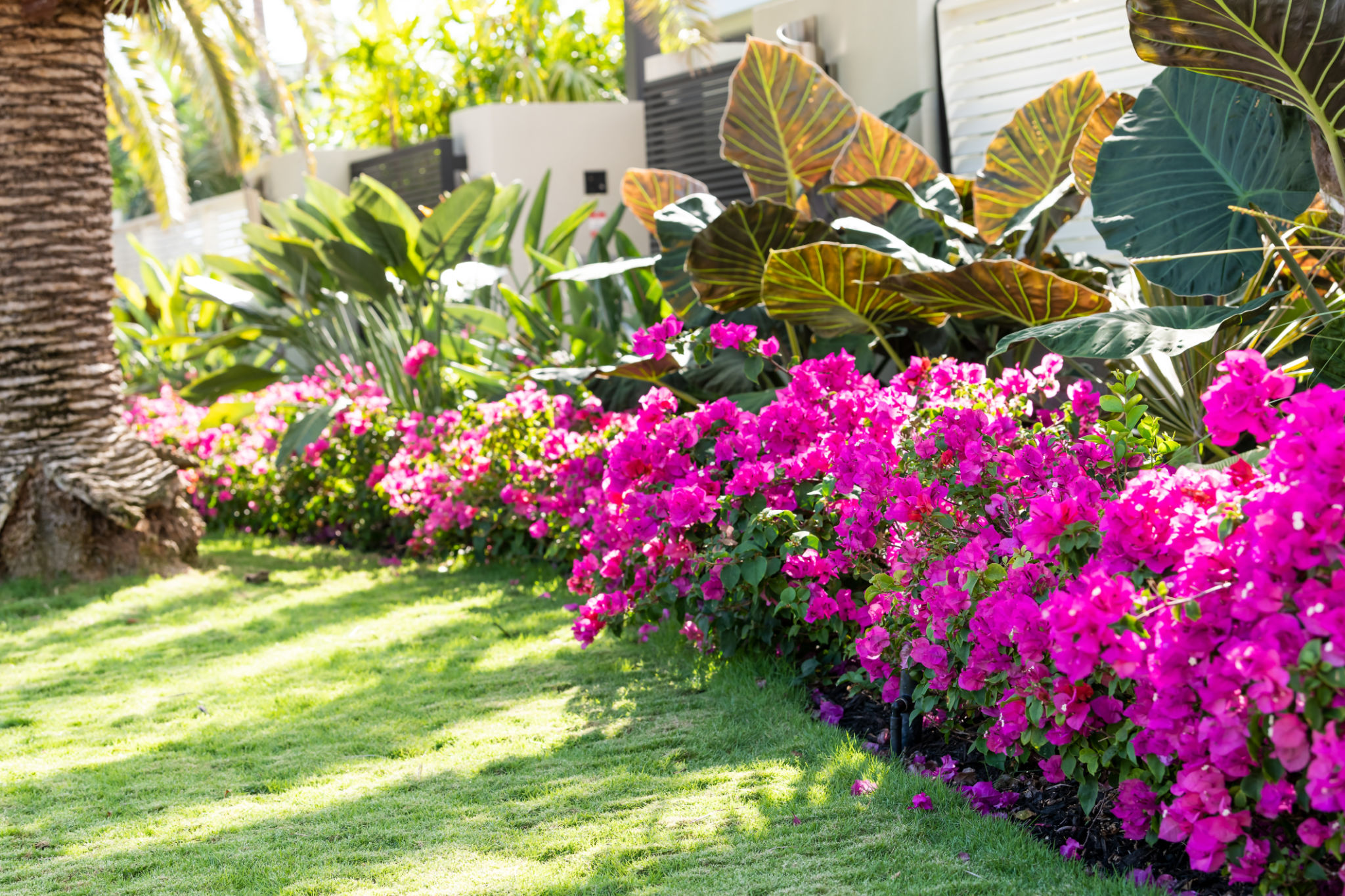Expert Tips for Maintaining a Healthy Landscape in Florida's Climate
JR
Understanding Florida's Unique Climate
Florida's climate is famously warm, humid, and often unpredictable. This environment can pose unique challenges for landscaping enthusiasts. However, with the right strategies, maintaining a thriving landscape is entirely achievable. The key is to understand the specific conditions your plants will face and adapt your gardening techniques accordingly.

Selecting the Right Plants
One of the most crucial steps in landscaping within Florida's climate is choosing the right plants. Opt for native species, as these are naturally adapted to thrive in local conditions. Native plants require less water, fertilizer, and pesticides, making them more sustainable and easier to maintain. Consider options like sabal palms, muhly grass, and firebush for a hardy and beautiful garden.
Strategic Watering Practices
Watering is a critical aspect of landscape care in Florida. Given the state’s regular rainfall, overwatering can be as detrimental as underwatering. Use a rain gauge to monitor rainfall and adjust your watering schedule accordingly. Install a drip irrigation system to deliver water directly to the roots, reducing evaporation and ensuring efficient water use.

Soil Management Techniques
Florida’s sandy soil can present challenges in terms of nutrient retention and drainage. To combat this, incorporate organic matter such as compost or peat moss to improve soil structure and fertility. Regularly test your soil’s pH level and supplement with fertilizers as needed to maintain optimal growth conditions for your plants.
Pest and Disease Control
The warm climate also means Florida landscapes are prone to pests and diseases. Implement integrated pest management (IPM) techniques to control these issues effectively. This involves monitoring pest populations, identifying pest types accurately, and using targeted treatments only when necessary. Encouraging beneficial insects like ladybugs can also help keep pest numbers in check.

Seasonal Maintenance Tasks
Each season in Florida brings its own set of maintenance tasks. In spring, focus on pruning and fertilizing to prepare for summer growth. During the hot summer months, prioritize mulching to retain soil moisture and provide a barrier against weeds. In fall, clean up fallen leaves and debris to prevent mold growth, while winter is an ideal time for planning new landscaping projects or implementing changes.
Emphasizing Sustainability
Sustainable landscaping not only benefits the environment but also reduces maintenance efforts over time. Incorporate practices such as composting plant waste, installing rain barrels for water collection, and using solar-powered garden lights. These steps can help you create a landscape that is both beautiful and environmentally friendly.
By applying these expert tips, you can ensure that your Florida landscape remains healthy and vibrant year-round, despite the challenges posed by the local climate.